John Lewis, one of America's most revered civil rights leaders, says the NSA whistleblower Edward Snowden was continuing the tradition of civil disobedience by revealing details of classified US surveillance programs.
Lewis, a 73-year-old congressman and one of the last surviving lieutenants of Martin Luther King, said Snowden could claim he was appealing to "a higher law" when he disclosed top secret documents showing the extent of NSA surveillance of both Americans and foreigners.
Asked in interview with the Guardian whether Snowden was engaged in an act of civil disobedience, Lewis nodded and replied: "In keeping with the philosophy and the discipline of non-violence, in keeping with the teaching of Henry David Thoreau and people like Gandhi and others, if you believe something that is not right, something is unjust, and you are willing to defy customs, traditions, bad laws, then you have a conscience. You have a right to defy those laws and be willing to pay the price."
"That is what we did," he added. "I got arrested 40 times during the sixties. Since I've been in Congress I've been arrested four times. Sometimes you have to act by the dictates of your conscience. You have to do it."
Lewis was among the majority of Democratic congressmen who voted for an amendment in the House of Representatives last month that sought to effectively end the NSA's bulk collection of millions of phone records.
The vote was narrowly defeated, but revealed a surprising degree of congressional opposition to the spy agency's collection of data.
Snowden, 30, who passed highly-classified documents to the Guardian and Washington Post, has argued he was acting out of conscience because he wanted to shine a light on a surveillance apparatus which he believes is out of control.
But the former NSA contractor has mostly been condemned on Capitol Hill, where he has few defenders, even among those who say his leaks have revealed important details about the NSA which were previously unknown.
The White House insists that Snowden is not a whistleblower, but a felon who should be returned to America from Russia, where last week he was granted temporary asylum.
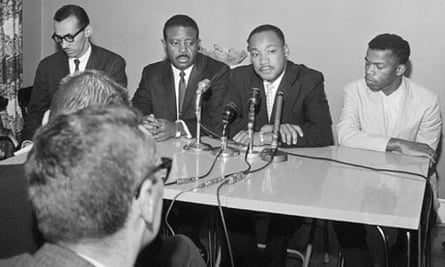
When it was pointed out to Lewis that many in Washington believed that Snowden was simply a criminal, he replied: "Some people say criminality or treason or whatever. He could say he was acting because he was appealing to a higher law. Many of us have some real, real, problems with how the government has been spying on people."
He added: "We had that problem during the height of the civil rights movement. People spied on, and got information on Martin Luther King junior, and tried to use it against him, on the movement, tried to plant people within different organisations – that probably led to the destruction of some of those groups."
President John F Kennedy resisted authorising the FBI to place King under surveillance in the lead-up to the 1963 March on Washington, where he gave his famous 'I Have A Dream' speech.
However other senior figures in the movement were wiretapped, and federal authorities, who suspected civil rights leaders had communist connections, recorded phone conversations King participated in.
Although only in his early 20s at the time, Lewis, a student leader, was one of the 'Big Six' civil rights leaders from the civil right era.
He is the last surviving speaker who shared a platform with King at the famous rally in 1963.
He was first elected to the House of Representatives, for a district in Georgia, in the 1980s and since has become an elder statesman in Capitol Hill, respected across the political divide.
In 2011, when awarding him a Medal of Freedom, president Barack Obama described Lewis as "the conscience of the United States Congress".
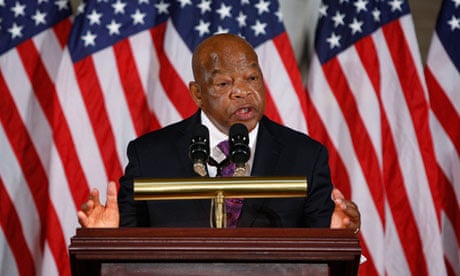
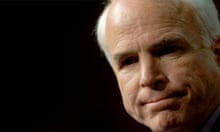
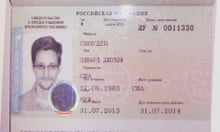
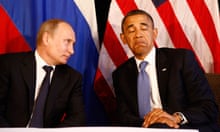
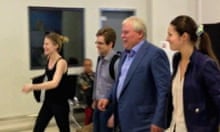
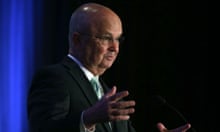
Comments (…)
Sign in or create your Guardian account to join the discussion